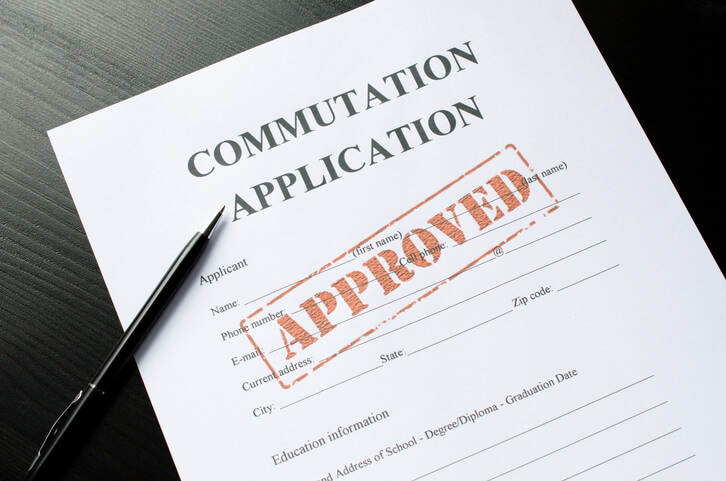The Governor of Washington State has the power, under our state constitution and some state statutes, to change the fate of people sentenced to death. One of the options the Governor has is to commute, which means to lessen a death sentence. If you are following the case of someone with a death sentence, you might wonder about the possible outcomes and want to know, what is commutation?
A Washington criminal defense attorney can seek a commutation of a death sentence or pursue other potential remedies, like a pardon or a reprieve. Since these remedies vary from state to state, we will discuss the options available in Washington State.
How Can a Person Get a Death Sentence Commuted?
In Washington, the Governor has the authority to commute a death sentence. The only option available is for the death sentence to get lessened to life imprisonment at hard labor, according to RCW 10.01.120. The offender has to file a petition requesting that the sentence get commuted.
If granted, the Governor will issue a warrant that the proper officers must obey instead of the death sentence. The warrant must contain all the terms, restrictions, and limitations of the commutation.
If the Governor does not grant a request for commutation, the offender has one more option. Our state has a Clemency and Pardons Board. The Board accepts petitions from individuals, organizations, and even the Department of Corrections, asking for the commutation of sentences and pardoning of offenders. The Board reviews these petitions and makes recommendations to the Governor.
Does a Commutation Eliminate a Conviction?
No, a commutation does not change or overturn the conviction. The offender will still have the underlying conviction. The commutation only affects the imposition of the sentence. For example, if someone gets convicted of murder and sentenced to death, the Governor might commute the death sentence to life imprisonment instead of an execution.
The person would still be a convicted murderer, but not get put to death. A commutation does not carry an implication that the person is innocent of the crime. Also, a commutation does not restore rights lost when convicted, like the ability to hold office or the right to vote in elections.
How is a Commutation Different from a Pardon?
While a commutation of a sentence can relieve the offender of having to serve the sentence, a pardon typically only gets granted after the offender serves the sentence. The Governor of Washington State cannot grant a pardon for a conviction of a federal crime or of the laws of any state other than Washington. A pardon is an acknowledgment that the offender accepted responsibility for the wrongdoing and paid his debt to society.
What Factors Does the Board Evaluate When Reviewing Clemency Petitions?
Each case is different, but here are some of the factors the Board has explored when considering petitions for clemency, which can include a request for commutation or pardon:
- How serious and objectionable the offense was
- The impact of the offense on any victims
- The criminal record and other relevant background information about the offender
- Whether the offender accepts responsibility, shows remorse, and wants to make atonement
- If the offender has met all the financial obligations of the sentencing court, like payment of fines
- How much time has passed since the offense
- Whether the offender has “turned his life around” since the conviction
These are but a few of the many factors the Board can review with a clemency petition.
If you would like to schedule a one-hour paid consultation with an experienced Washington criminal defense attorney, contact Jennifer today. She can review your case, answer specific questions that you may have, and provide an assessment on whether your case may qualify for clemency.
DISCLAIMER: This post is intended to share my perspective, insights, and some general information on various aspects of criminal cases. It is not legal advice and is not intended to substitute for legal advice. You should consult an attorney to obtain legal advice for your individual situation and case.

